What is SORD Deficiency?
Sorbitol dehydrogenase (SORD) Deficiency is a progressive, debilitating hereditary neuropathy that affects peripheral nerves and motor neurons, resulting in significant disability, loss of sensory function and decreased mobility. Recently, mutations in the SORD gene resulting in loss of the enzyme sorbitol dehydrogenase (SORD) function, and consequent intracellular sorbitol accumulation, were shown to be responsible for disease in a subset of patients previously diagnosed with Charcot-Marie-Tooth disease (CMT2) or distal hereditary motor neuropathy (dHMN). These patients can now be more accurately diagnosed with SORD Deficiency.
SORD Deficiency impacts an estimated 1 in 100,000 individuals. In the U.S., there are about ~3,300 individuals with mutations in the SORD gene (~7-9% CMT2/dHMN patients). SORD’s role in metabolism is well defined, and an understanding of this genetic and biochemical basis of disease offers new opportunities for treatment of patients with neuropathy caused by SORD deficiency. There are currently no approved drugs for patients with SORD Deficiency.
SORD Deficiency impacts an estimated 1 in 100,000 individuals
In the U.S., there are about 3,300 individuals with SORD Deficiency
SORD Deficiency is primarily characterized by axonal damage to peripheral nerves. Due to the role of the SORD enzyme in oxidation of sorbitol to fructose, SORD deficiency results in an increase in tissue and blood sorbitol levels. While the majority of CMT2 follows an autosomal dominant inheritance pattern, SORD Deficiency is one of the most common recessive causes of hereditary neuropathy.
People with SORD Deficiency experience progressive neuropathy, often beginning in the late teens. SORD Deficiency can significantly impair quality of life, and symptoms can include:
- Limb weakness
- Foot deformities
- Tremors
- Sensory impairment
- Difficulty walking
There are no approved drugs for SORD Deficiency. Symptoms of SORD Deficiency are managed using multidisciplinary supportive measures involving rehabilitation, physical/occupational therapy, and surgical correction in the case of severe impact.
Patients with SORD Deficiency are clinically diagnosed on the basis of the presence of a slowly progressive neuropathy, often accompanied by foot deformities. In addition to the clinical diagnosis of signs, symptoms and neurophysiology, SORD Deficiency can also be diagnosed via genetic testing and motor nerve conduction velocity (MNCV) testing.
Our Commitment to SORD Deficiency
Applied Therapeutics is committed to developing a treatment for SORD Deficiency.
In SORD Deficiency, the Aldose Reductase enzyme converts glucose to sorbitol, which then builds up in tissues causing symptoms of neuropathy. Our govorestat program focuses on the targeted inhibition (or “turning off”) of Aldose Reductase. Govorestat is Applied Therapeutics’ lead investigational treatment, which could change the lives of people living with SORD Deficiency, as well as other diseases caused by Aldose Reductase.
Govorestat has the potential to be the first FDA-approved therapy for SORD Deficiency.
Applied Therapeutics announced positive interim 12-month results from the ongoing Phase 3 INSPIRE trial, in which the primary endpoints and several key secondary endpoints were achieved. The INSPIRE trial is a Phase 3 double-blind placebo-controlled registrational study evaluating the effect of once-daily (QD) oral govorestat in 56 patients aged 16-55 with SORD Deficiency in the U.S. and Europe. For more information, or to inquire about participating in the INSPIRE trial in SORD Deficiency, please email SORD@appliedtherapeutics.com.
Hear from a person with SORD Deficiency and his parents
1. Cortese et al. 2020: https://www.nature.com/articles/s41588-020-0615-4
2. McCorquodale et al. 2016: https://www.ncbi.nlm.nih.gov/pmc/articles/PMC4725690/
3. UpToDate (date on file)
4. Redmond et al. 2008: https://pubmed.ncbi.nlm.nih.gov/18656353/
5. Morava, 2020: https://appliedcorport.wpengine.com/patients-caregivers/sord-deficiency/
In the patients & caregivers section

